Do Porcelain Veneers Stain Over Time?

Porcelain Veneers Overview

Understanding Porcelain Veneers
Porcelain veneers are often referred to as traditional veneers crafted from high-quality porcelain material. They are recognized for their exceptional durability and longevity, with the ability to last for over ten years [1]. Not only do they effectively address various cosmetic concerns such as severe stains and uneven teeth, but they also enhance the overall appearance of a smile, making them a popular choice for smile transformations [2].
These veneers are customizable, allowing for adjustments in color shade and shape to achieve a natural-looking result while ensuring minimal alteration to the underlying teeth. This leads to a less invasive treatment procedure, making porcelain veneers an appealing option for many.
Comparison with Composite Veneers
While both porcelain and composite veneers serve similar purposes, there are notable differences distinguishing the two.
FeaturePorcelain VeneersComposite VeneersMaterialHigh-quality porcelainResin composite materialLifespanTypically over 10 yearsUsually lasts 5 to 10 yearsMaintenanceLow maintenanceMore maintenance requiredAesthetic QualitySuperior aesthetics, natural appearanceMay require polishing for better appearanceCustomizationEasily customizable in shade and shapeLimited customization optionsDurabilityHigh durability and stain resistanceProne to stains and damage
Porcelain veneers are known for their strength and natural tooth-like texture, providing superior aesthetics and durability compared to composite resin veneers. Patients seeking a long-lasting and visually appealing solution may find porcelain veneers to be the more suitable option.
For more information regarding the application process and considerations when choosing veneers, check out our articles on what are porcelain veneers and how are they applied? and porcelain veneers vs. lumineers.
Longevity of Porcelain Veneers
Understanding the durability and lifespan of porcelain veneers is essential for anyone considering this dental enhancement. Proper care can significantly influence how long these veneers will remain effective and maintain their appearance.
Durability and Lifespan
Porcelain veneers, often referred to as traditional veneers, are known for their strength and durability. They are made from porcelain material, which is designed to withstand daily wear and tear. With proper care, porcelain veneers can last for more than ten years. In fact, many can extend their lifespan to over 15 years if maintained correctly [3].
Veneer TypeAverage LifespanPorcelain Veneers10-15 yearsComposite Veneers2-5 years
Natural teeth, lifestyle choices, and the material of the veneers all contribute to their longevity. Maintaining good oral hygiene and attending regular dental checkups plays a significant role in prolonging the life of porcelain veneers.
Signs for Replacement
Despite their durability, there are certain signs that may indicate the need for replacement. It is important to be aware of these signs to ensure oral health and aesthetics remain intact. Here are some indicators that porcelain veneers may need to be replaced:
If any of these signs present themselves, it may be time to consider speaking with a dental professional about potential replacement options. For those interested in details about how veneers are applied or specific concerns about maintenance, check the resources on what are porcelain veneers and how are they applied? and how to avoid veneer damage.
Maintaining Porcelain Veneers
Proper maintenance is essential for preserving porcelain veneers' aesthetics and functionality. Implementing effective oral hygiene practices and being mindful of dietary considerations can significantly impact the longevity of veneers.
Oral Hygiene Practices
To keep porcelain veneers in optimal condition, an individual should maintain a consistent oral hygiene regimen. This includes brushing twice daily with a soft-bristled toothbrush and fluoride toothpaste. Flossing daily is also crucial for removing plaque and food particles from between the teeth and along the gum line.
Regular dental check-ups are vital. According to Lakewood Family Dental Care, dentists can examine the bonding and integrity of the veneers during these visits. Professional cleaning and polishing can remove plaque and tartar buildup, ensuring that both the veneers and surrounding natural teeth stay clean and healthy.
Oral Hygiene PracticeFrequencyBrush Teeth2 times a dayFlossDailyDental Check-UpsEvery 6 months
Dietary Considerations
Diet plays a crucial role in the maintenance of porcelain veneers. Certain foods can compromise the bonding material or physically damage the veneers. Foods high in acid or alcohol can soften and erode the bonding material, increasing the risk of damage to the veneers.
Additionally, sticky foods like caramel or taffy can pull on veneers and may lead to them coming off, especially if the veneers are newly placed. It is advisable to avoid such foods to maintain the integrity of the veneers [5].
By following the recommended oral hygiene practices and being cautious with dietary choices, individuals can help ensure that their porcelain veneers remain in excellent condition. For more tips on avoiding damage, visit our article on how to avoid veneer damage.
Staining Concerns with Porcelain Veneers
Stain-Resistant Properties
Porcelain veneers are known for their stain-resistant qualities, making them a preferred option for many individuals. They effectively resist staining from common culprits such as coffee, tea, smoking, and soft drinks. This characteristic sets them apart from composite veneers, which are more susceptible to discoloration [6].
The smooth surface of porcelain veneers closely mimics the texture of natural teeth, offering superior aesthetics. Unlike composite resin, which can be porous and requires additional polishing, porcelain veneers maintain their appearance over time without much effort [3].
Prevention Tips
To maximize the longevity of the stain-resistant properties of porcelain veneers, individuals should adhere to specific preventive measures. Below are several tips to help maintain the pristine look of porcelain veneers:
Prevention TipDescriptionAvoid Staining Foods & DrinksReduce intake of items known to cause stains, such as coffee, tea, red wine, and dark-colored fruits and vegetables.Brush ImmediatelyBrush teeth after consuming staining substances to remove residues that can lead to discoloration [7].Use a StrawWhen drinking stain-inducing beverages, consider using a straw to minimize contact with the teeth.Maintain Good Oral HygieneRegular brushing with nonabrasive toothpaste, using a soft-bristled toothbrush, and daily flossing can help preserve veneers. Professional cleanings and checkups are also recommended [7].Limit Acidic or Alcoholic FoodsBe cautious with foods high in acid or alcohol, as they can soften and erode the bonding material between the veneers and natural teeth, increasing the risk of damage [5].
By implementing these preventative strategies, individuals can enhance the longevity and aesthetic appeal of their porcelain veneers while reducing the risk of staining over time. For more detailed information about the care and maintenance of dental veneers, consider reading our article on common myths about dental veneers.
Factors Affecting Veneer Longevity
Dental veneers, particularly porcelain veneers, are designed to be durable and stain-resistant. However, their longevity and appearance can be influenced by several factors, particularly diet, lifestyle habits, and professional care.
Diet and Lifestyle Habits
Your dietary choices play a significant role in determining how long your porcelain veneers maintain their original appearance. Foods and beverages that are highly pigmented or acidic can potentially affect the aesthetics of veneers over time.
Type of Food/BeverageImpact on VeneersCoffeeMay cause minor staining if consumed excessivelyTeaCan lead to discoloration, especially dark varietiesRed WineKnown for its staining propertiesBerriesDark pigments may cling to the surfaceCitrus FruitsHigh acidity may weaken surrounding tooth enamel
Porcelain veneers are less prone to chipping or wear compared to composite resin, which is more porous and susceptible to stains. Nevertheless, moderating the intake of staining foods and drinks can help preserve the appearance of your veneers.
Moreover, lifestyle habits such as smoking can have detrimental effects on the overall appearance of veneers, leading to discoloration and an unappealing look [8].
Professional Care Importance
Regular professional dental care is vital in maintaining the appearance and functionality of porcelain veneers. Frequent dental check-ups can help identify any potential issues early, ensuring that veneers remain in good condition.
Dental professionals can provide professional cleaning that removes plaque and tartar buildup, which can contribute to discoloration if left untreated. They can also conduct repairs as needed. Understanding the factors that influence the lifespan of dental veneers—like oral hygiene and regular dental visits—is crucial for extending their durability [8].
While porcelain veneers are recognized for their strength and stain resistance (Graton Dental Group CA), proper care, including maintaining a good oral hygiene routine and regular visits to the dentist, will ensure that they look their best for years to come. For more insights into veneer maintenance, explore our article on how to avoid veneer damage.
References
[2]:
[3]:
[4]:
[5]:
[6]:
[7]:
[8]:
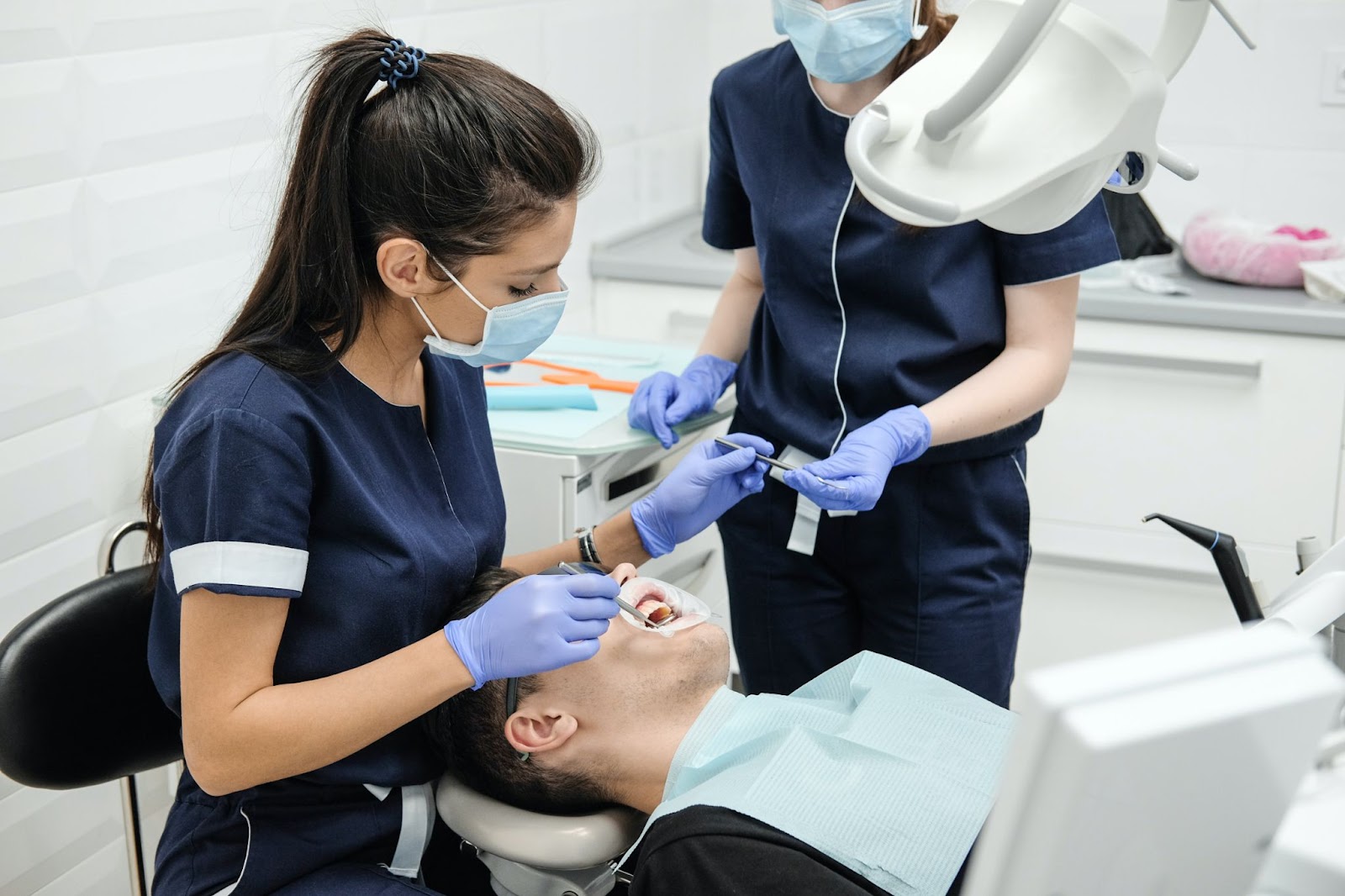



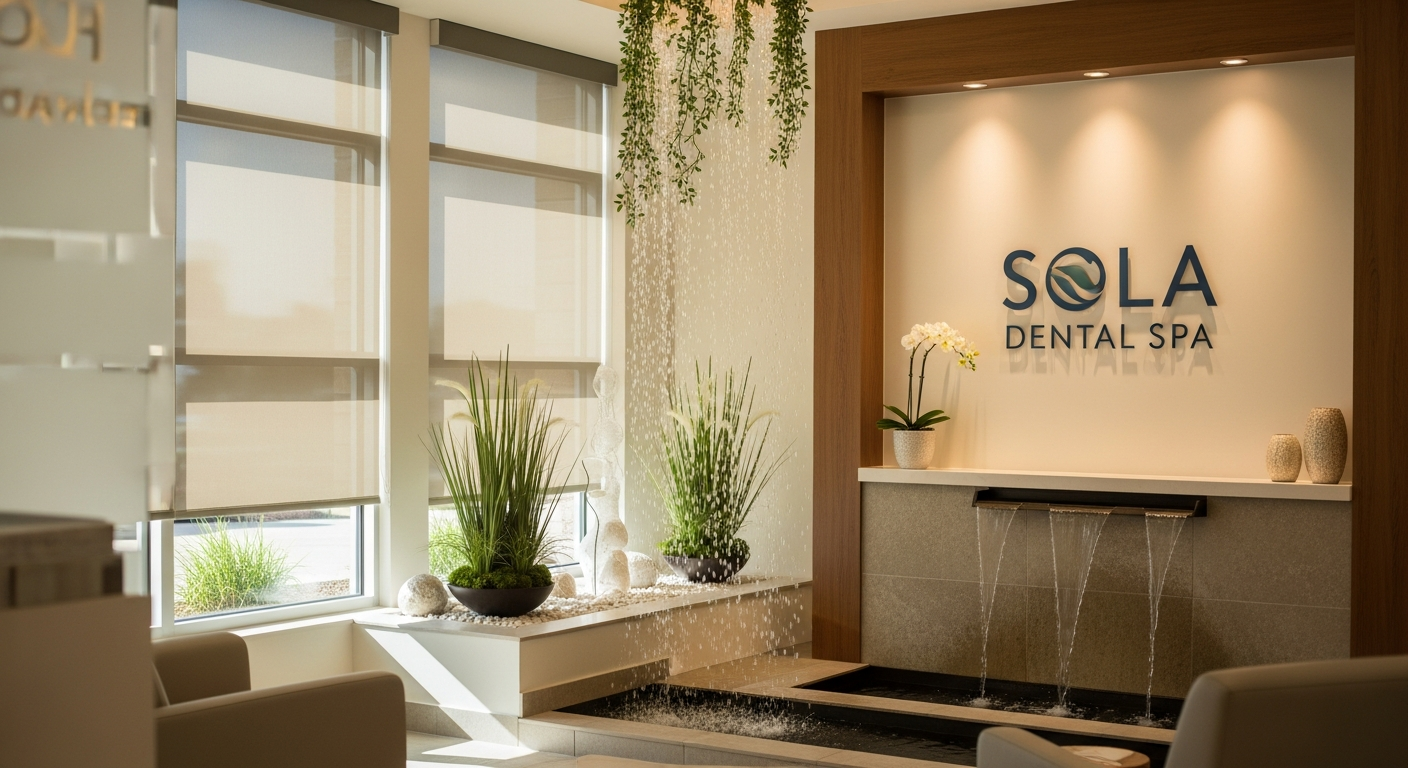
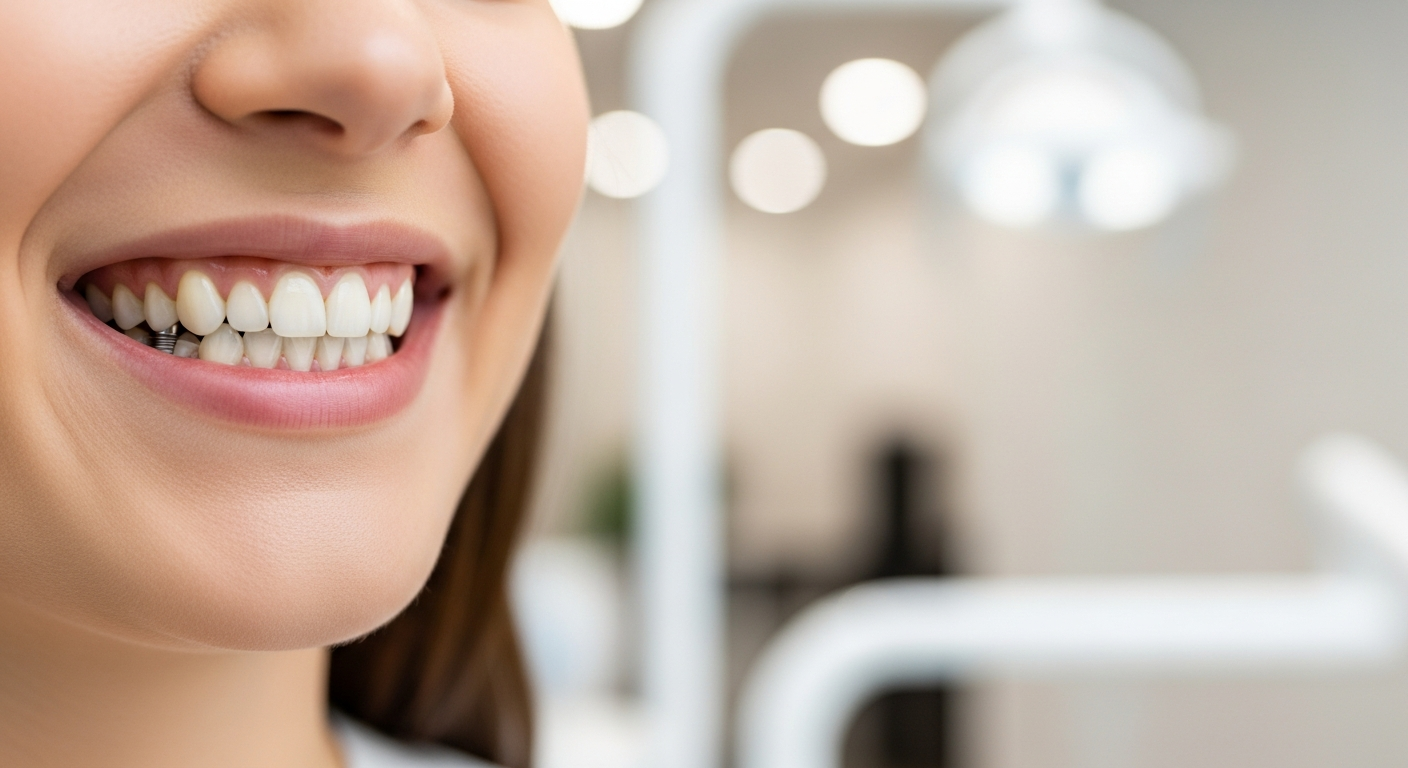
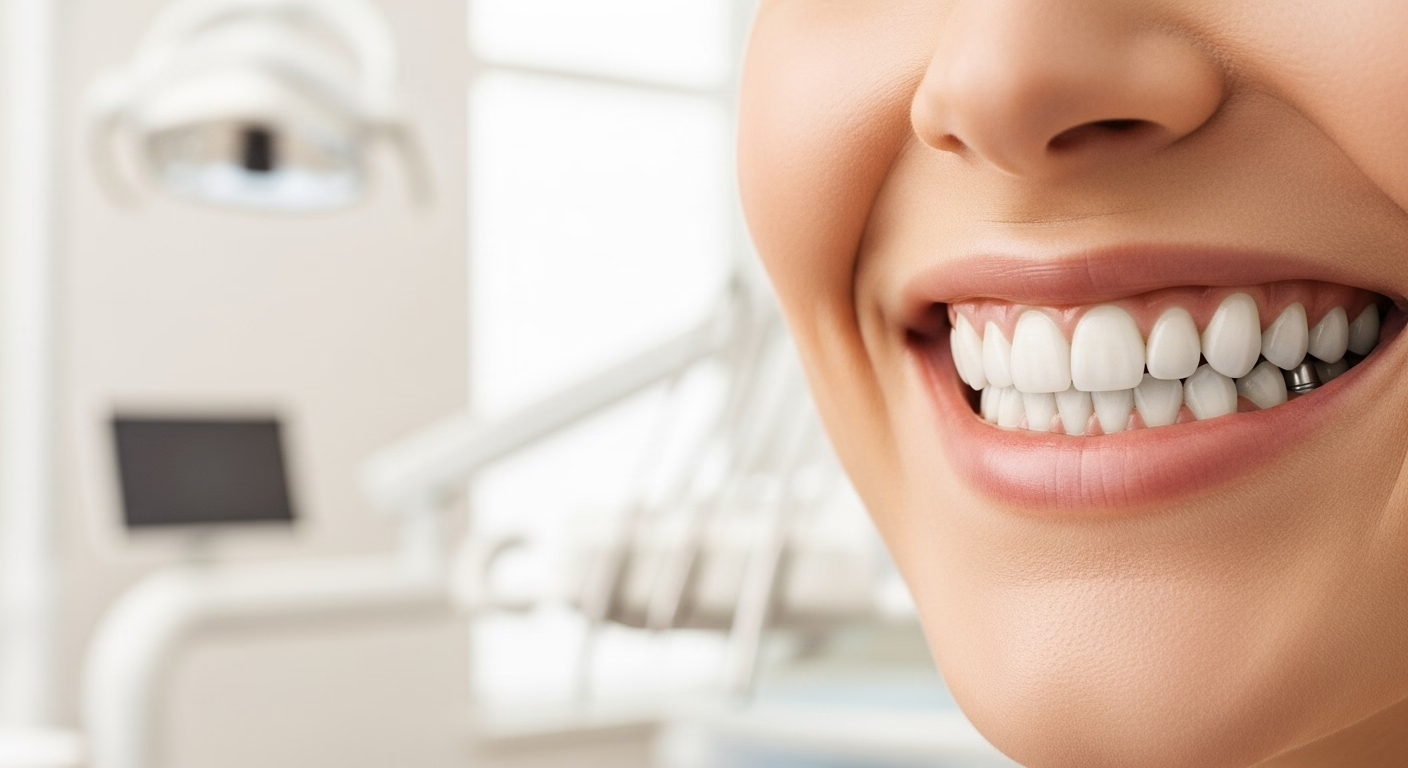
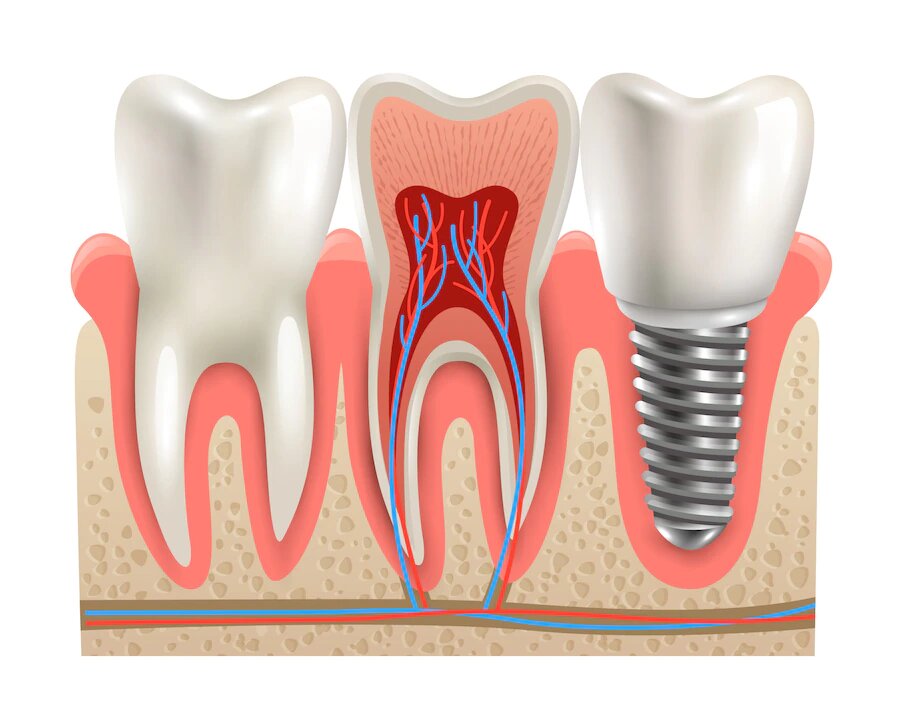
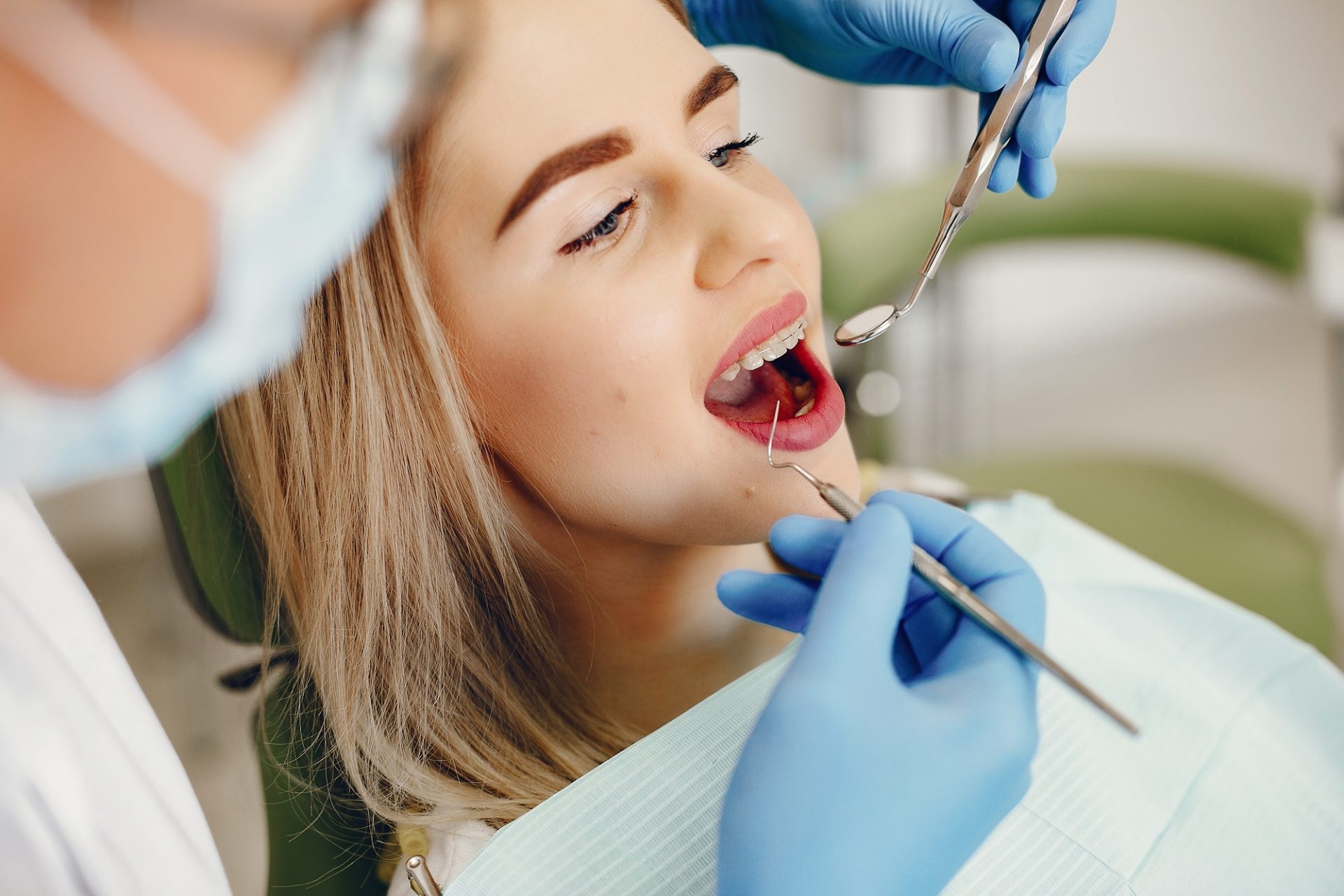







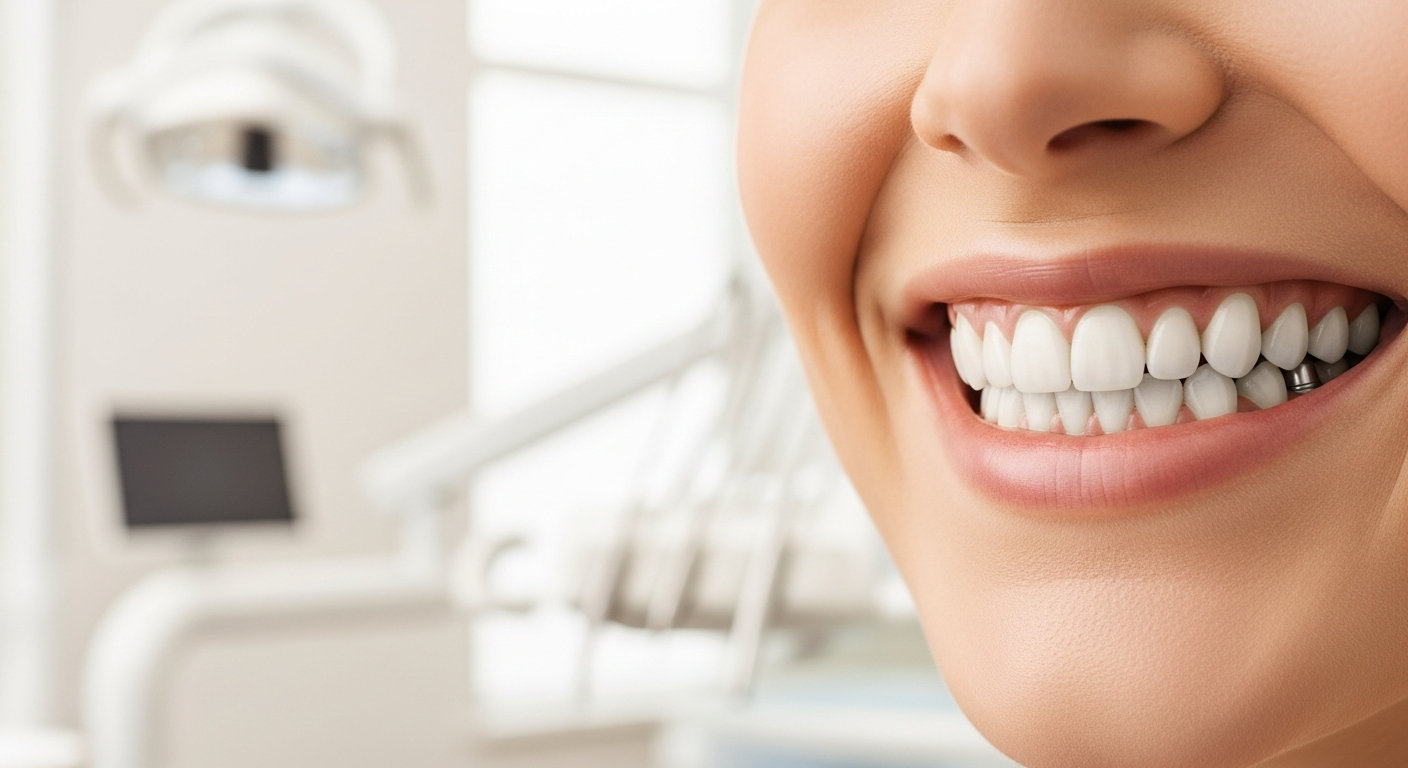

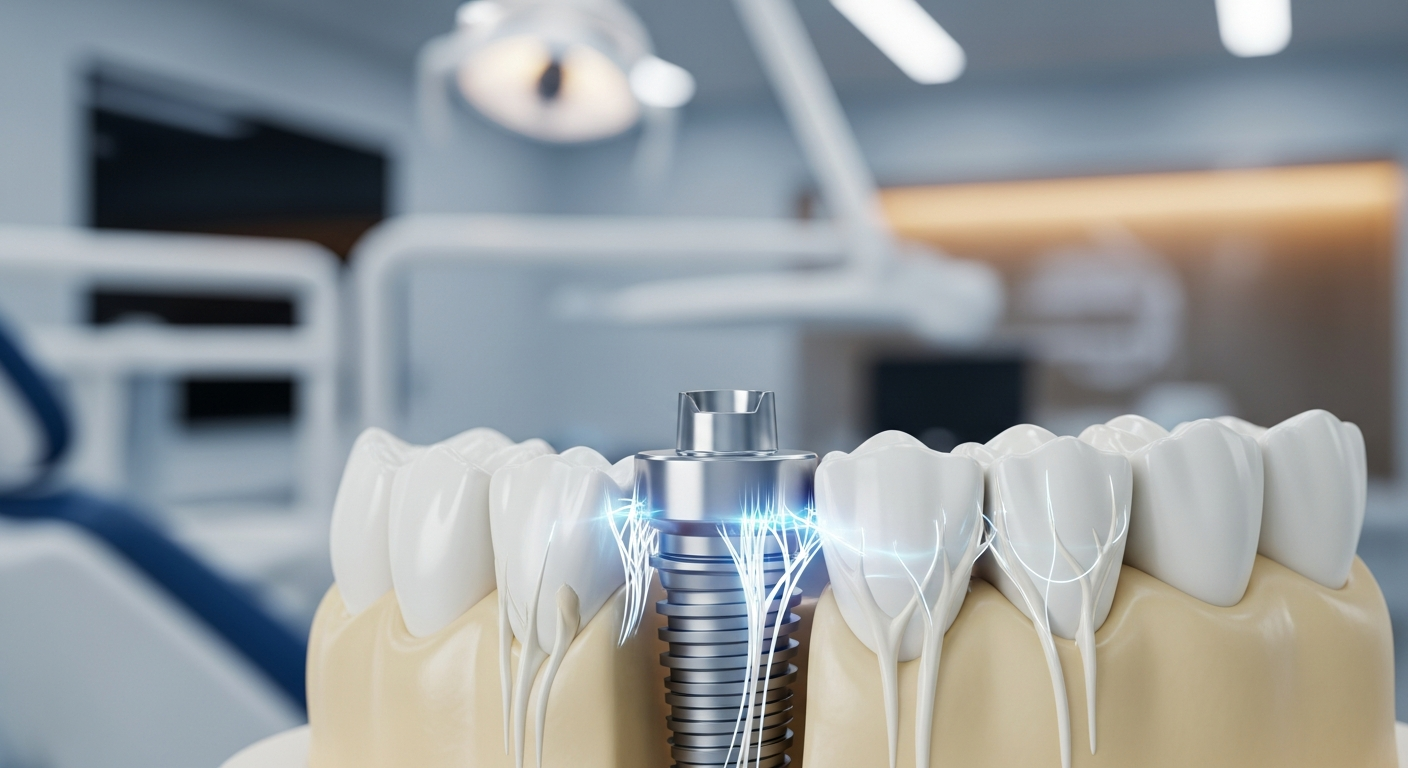
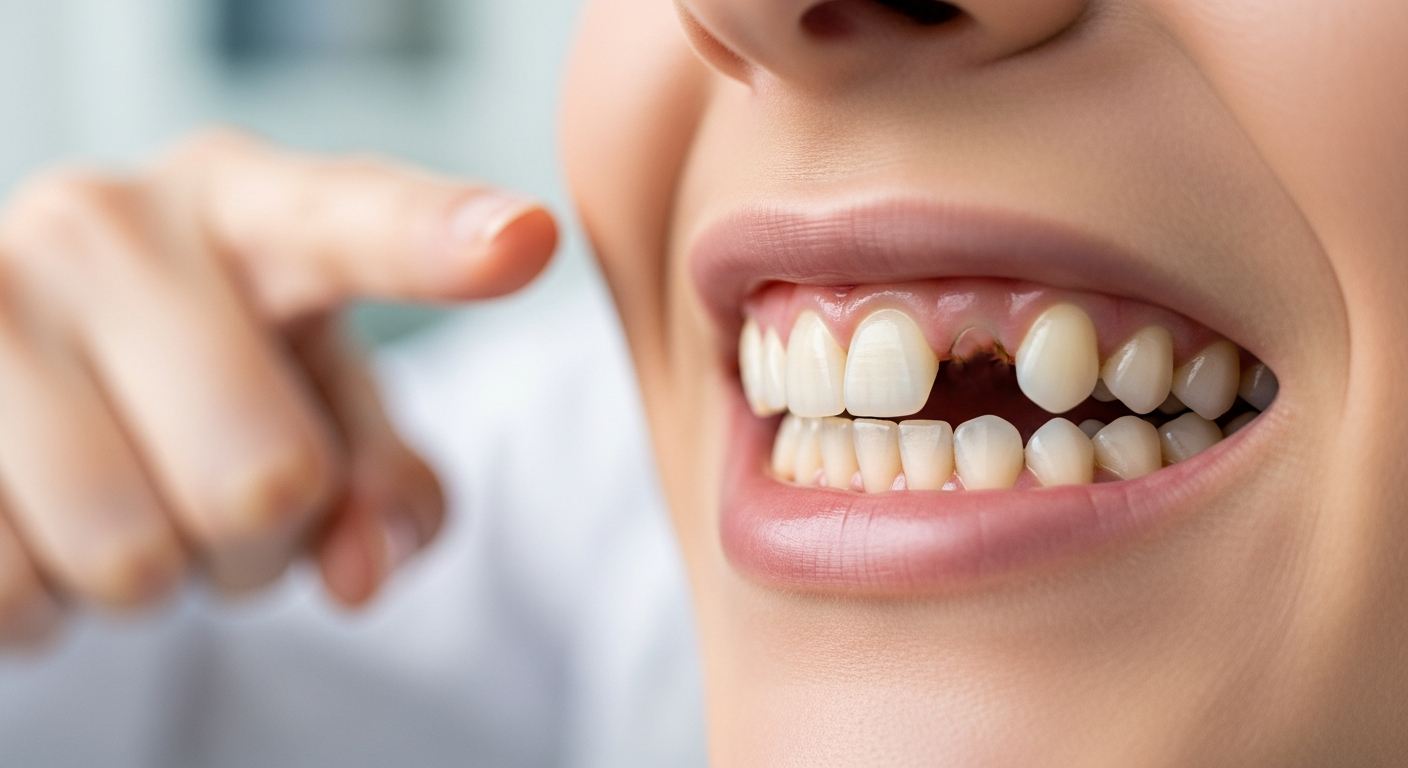




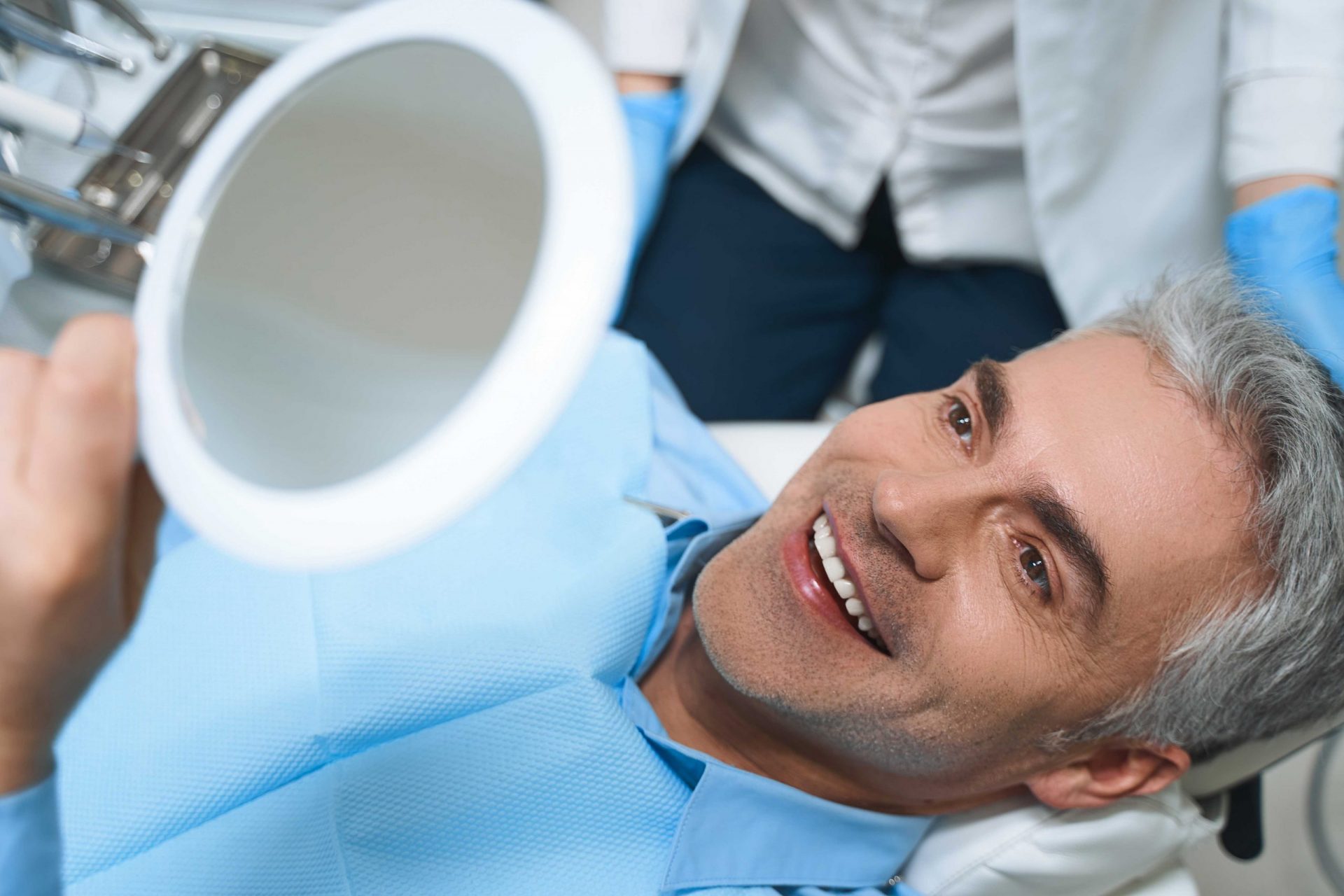
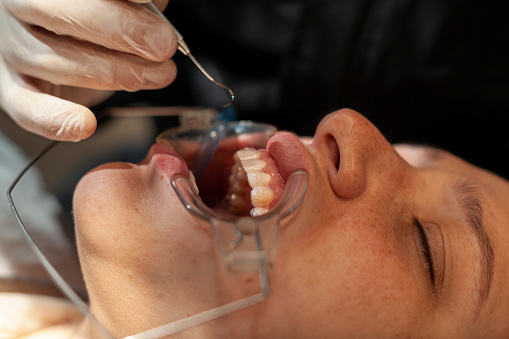

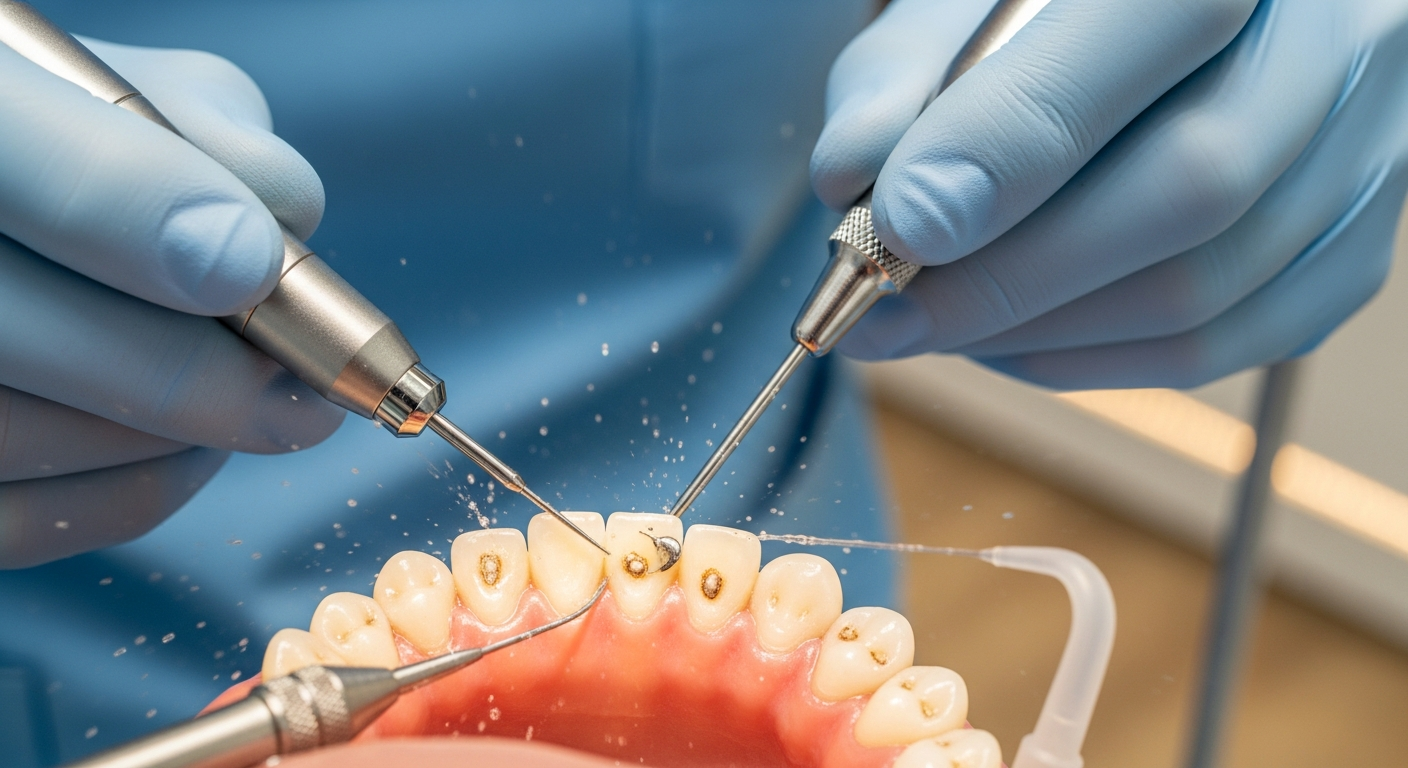

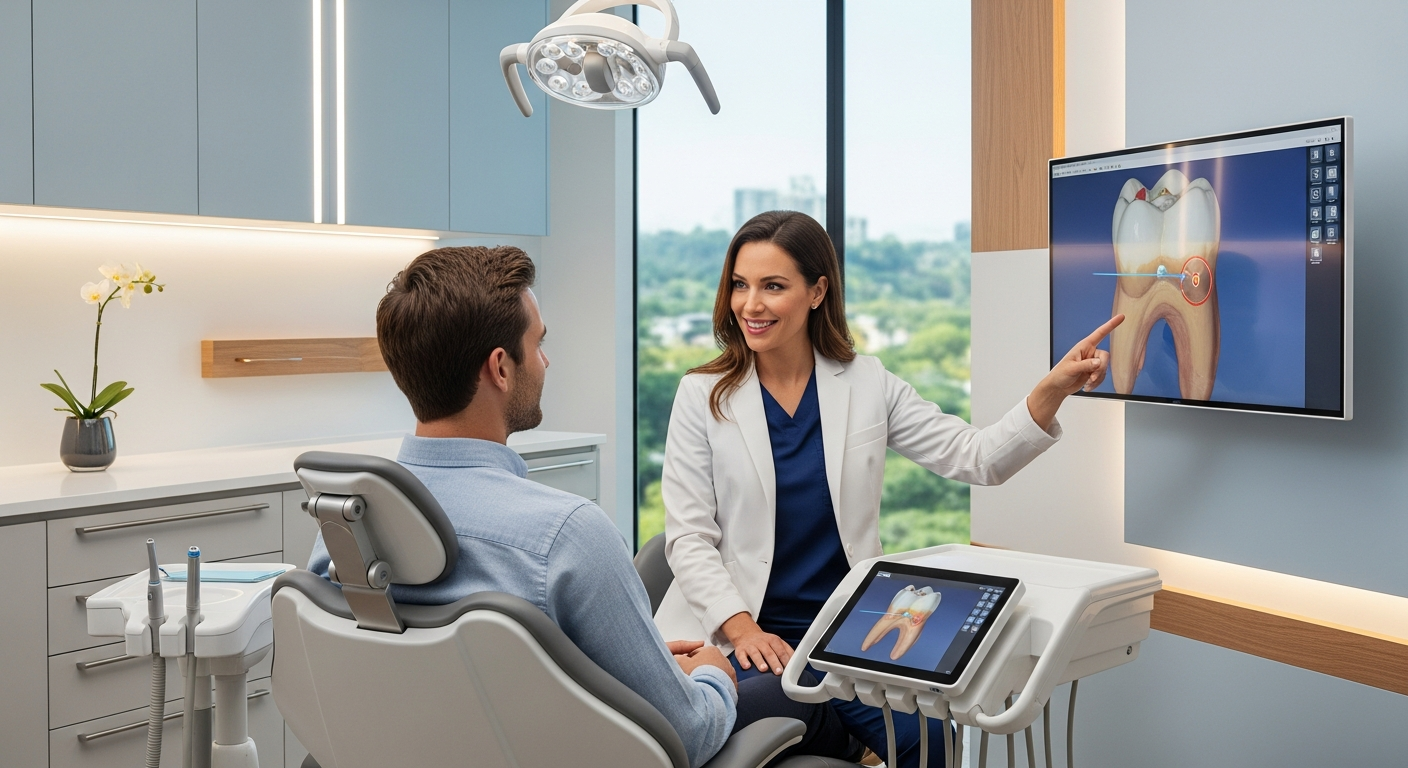
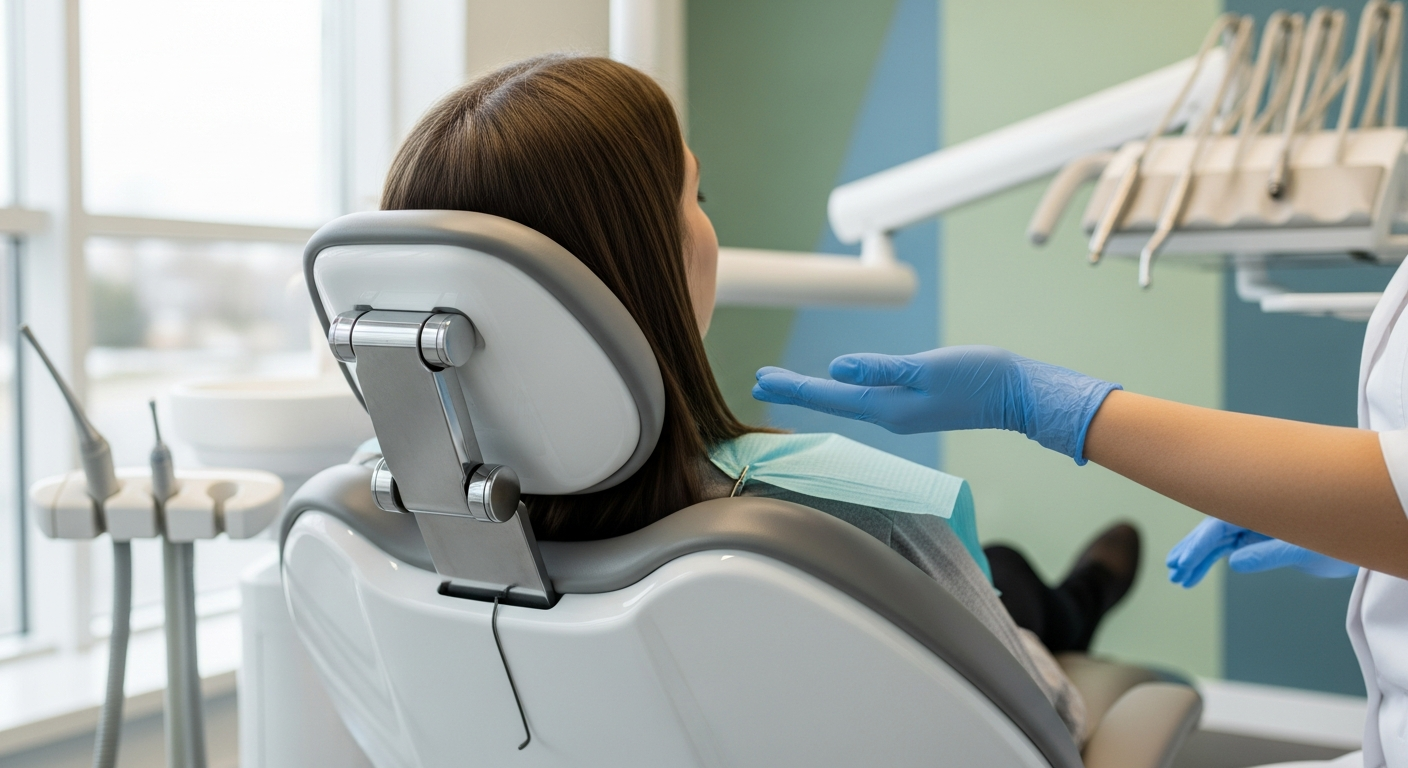

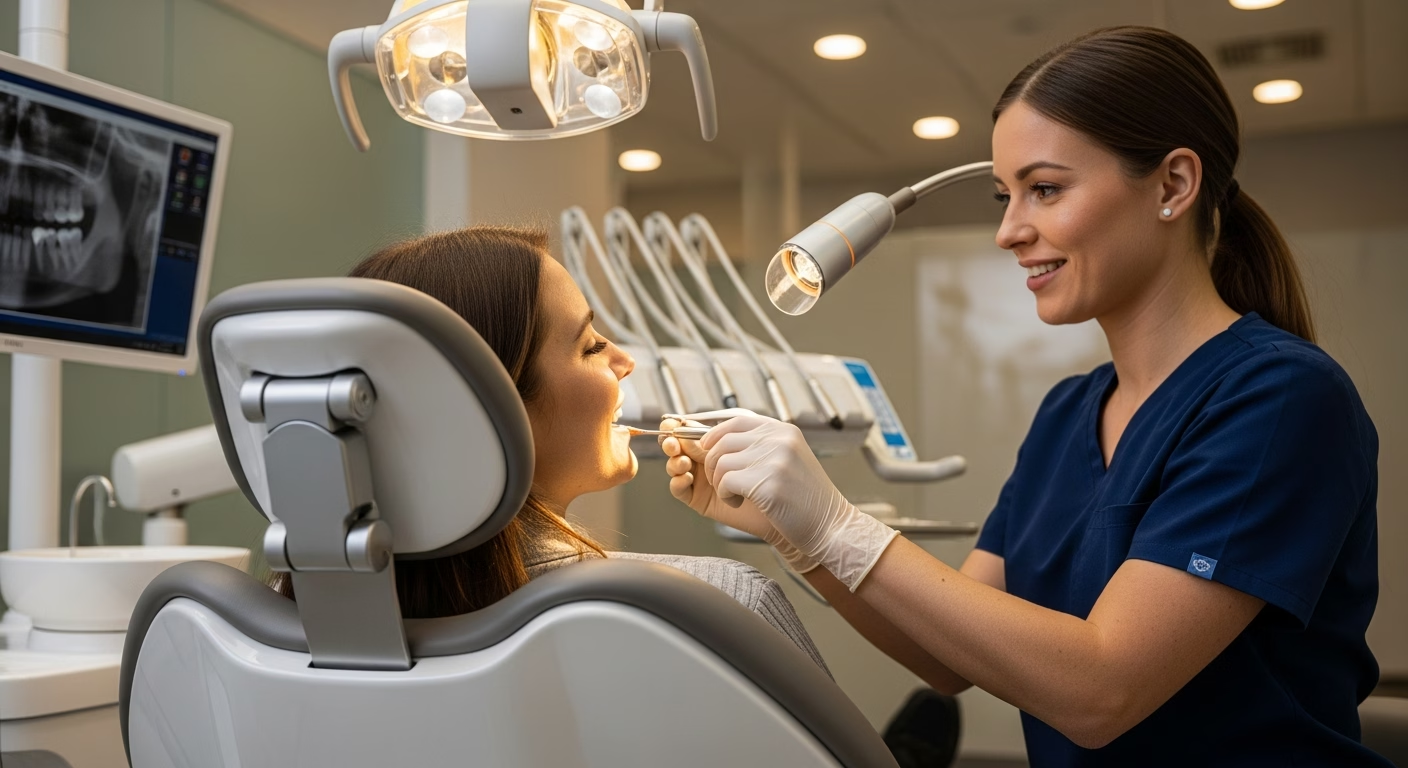
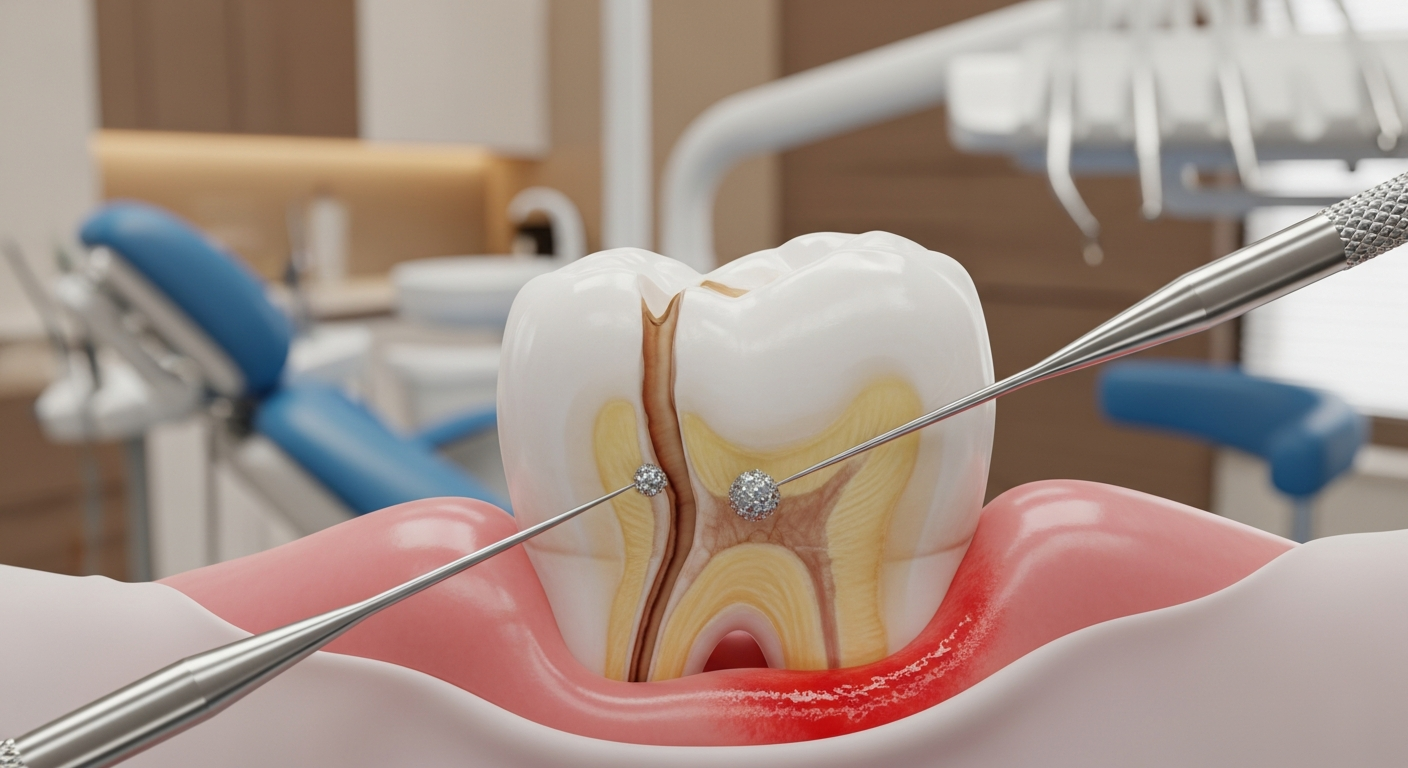



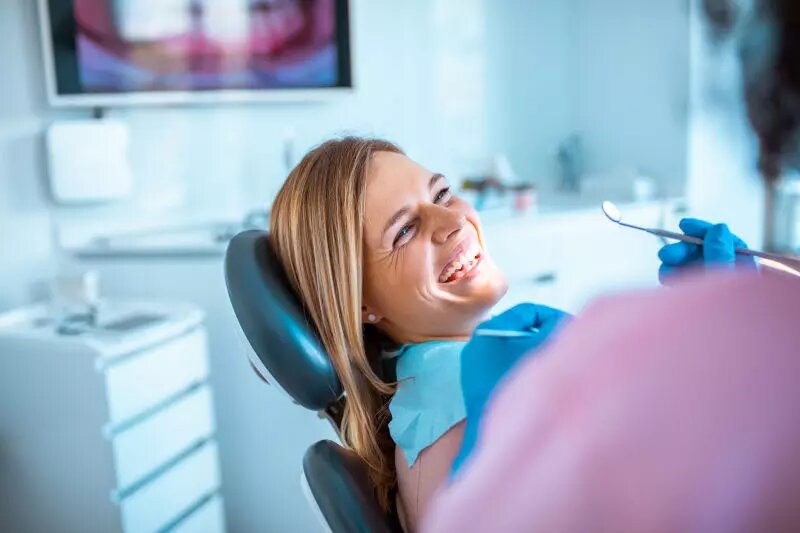
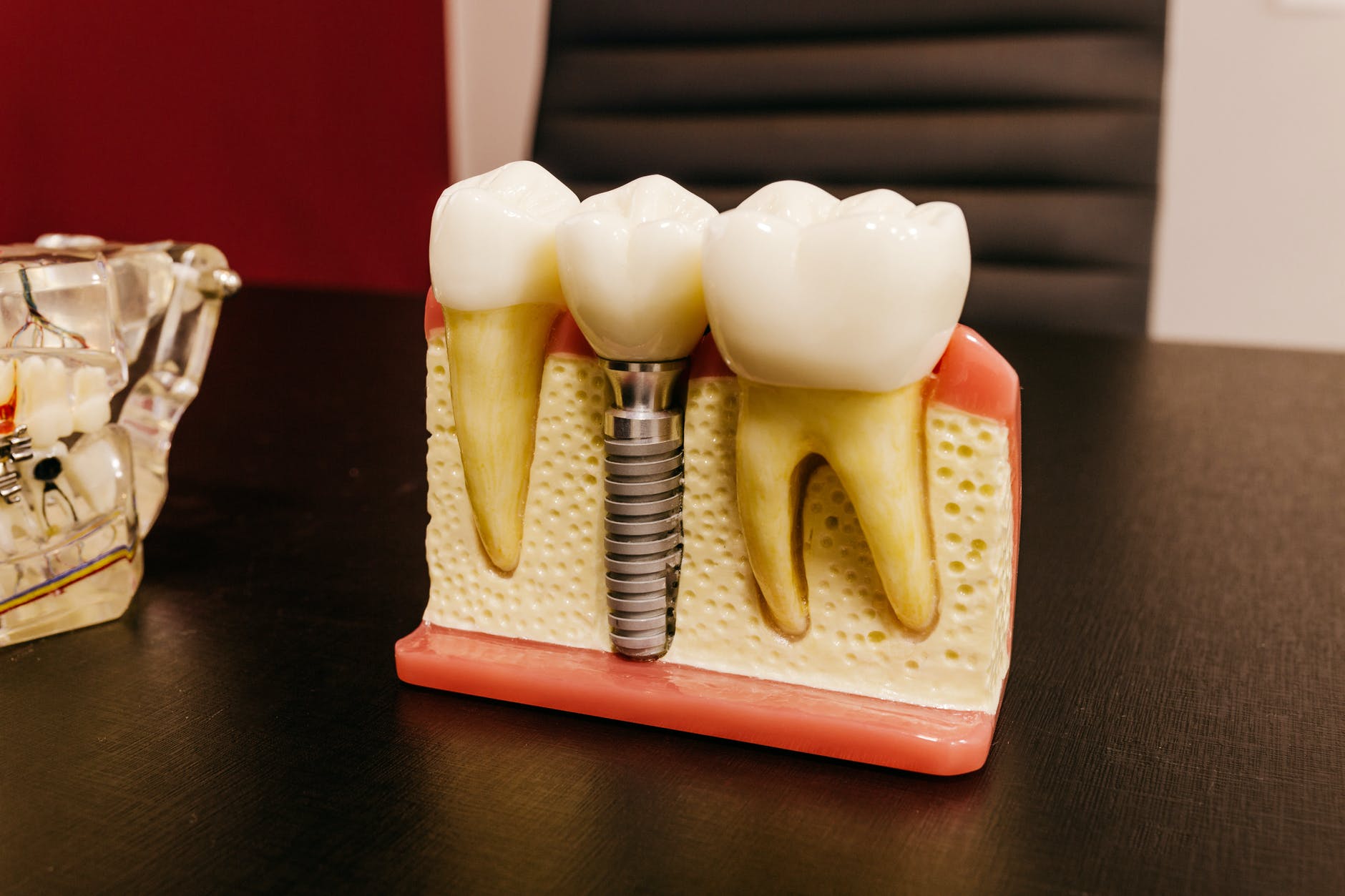


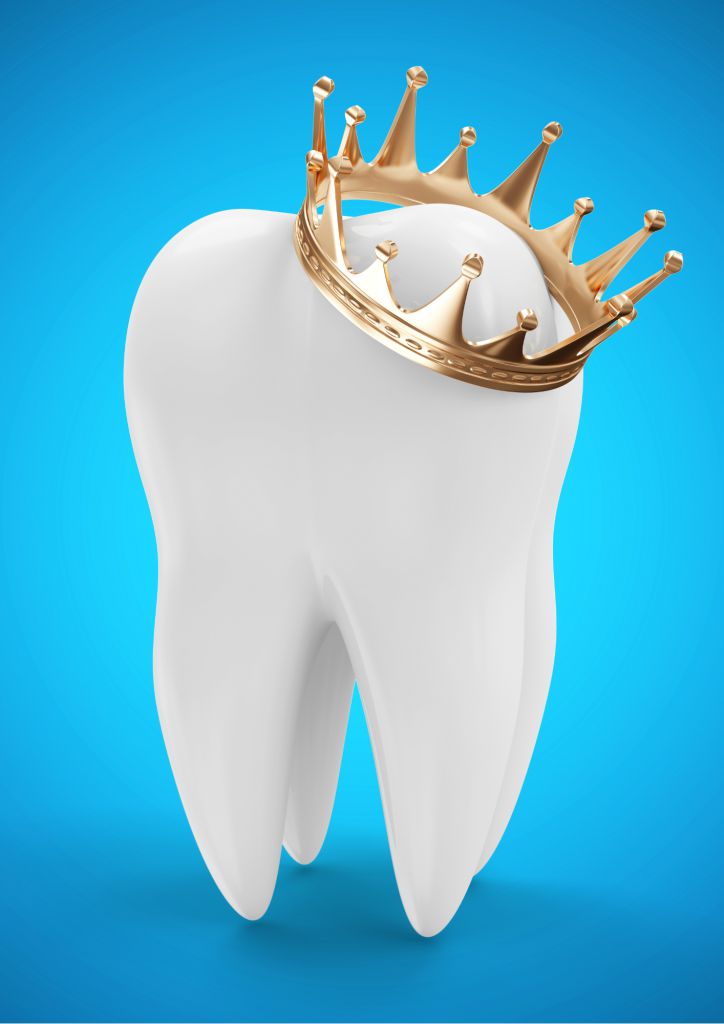



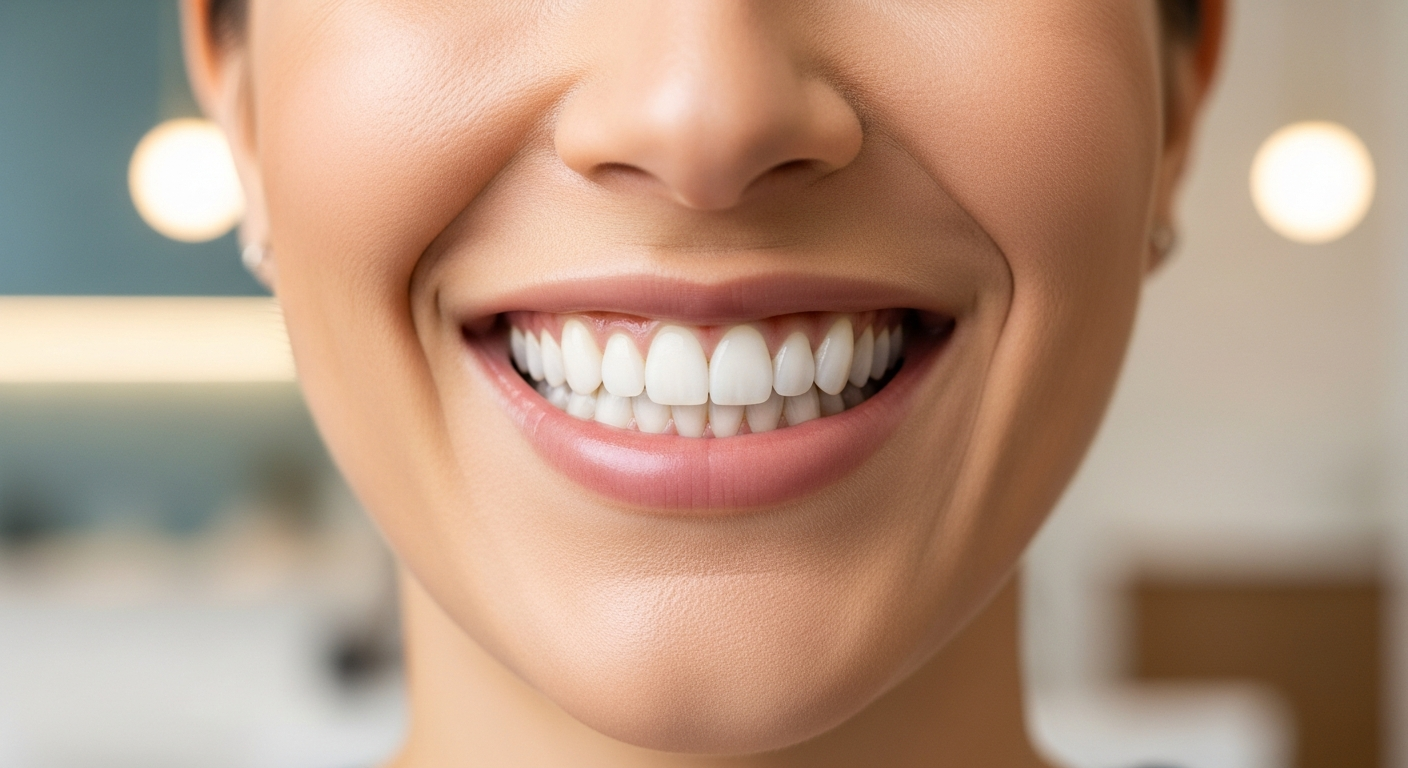



.avif)


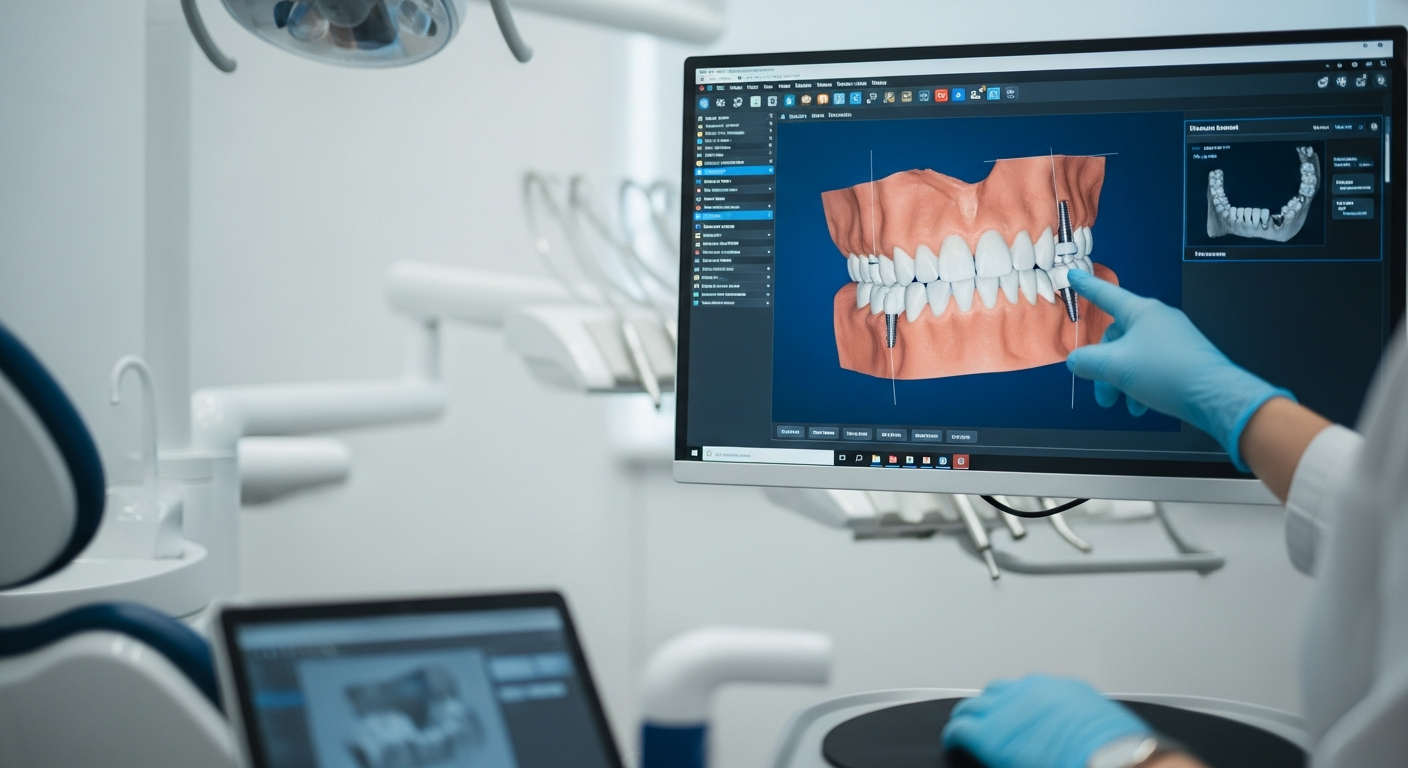

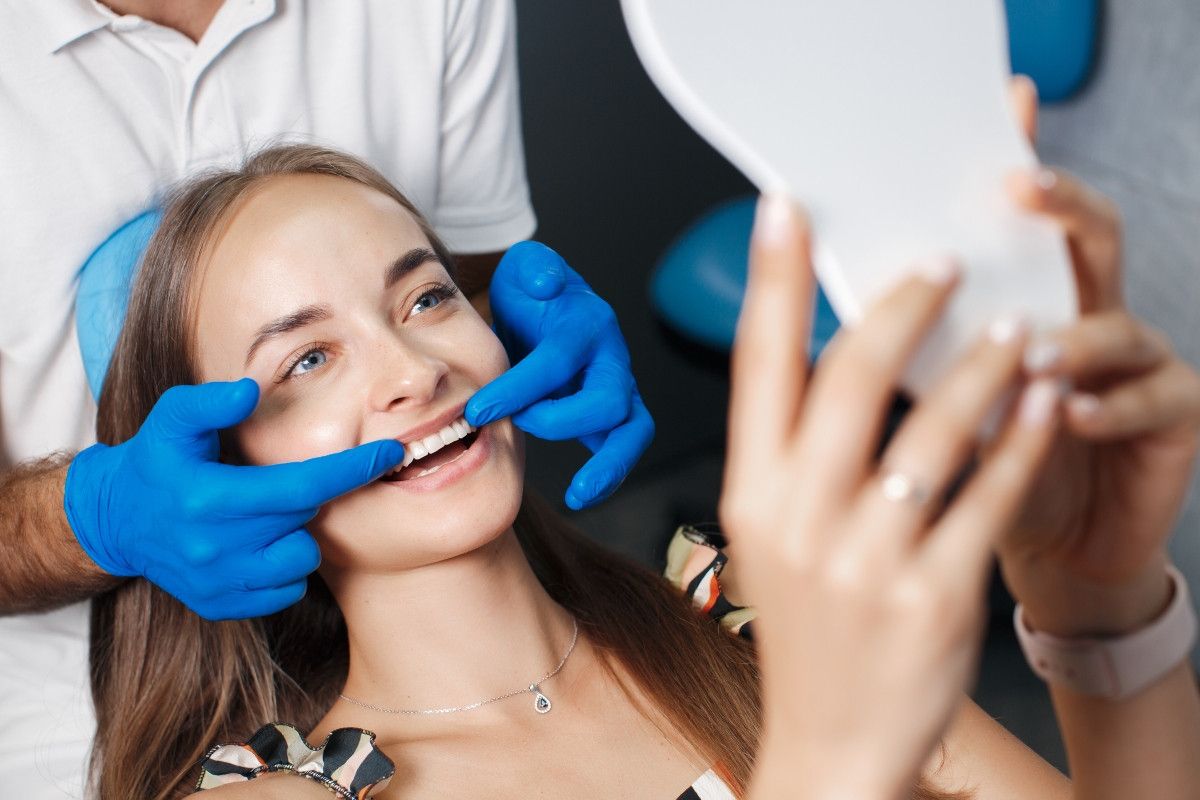

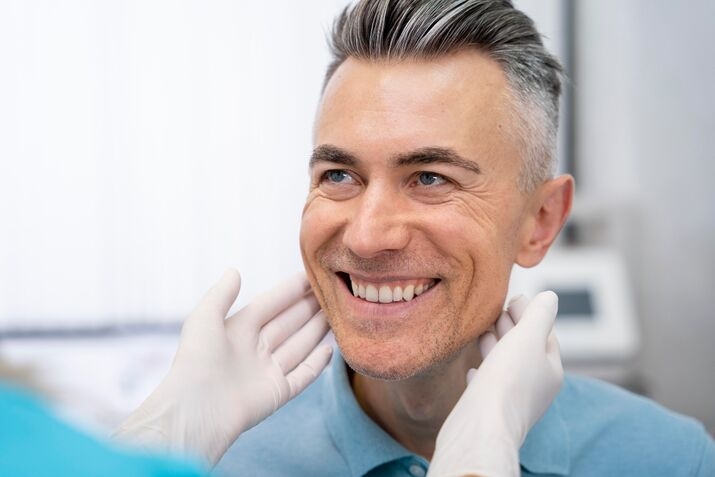
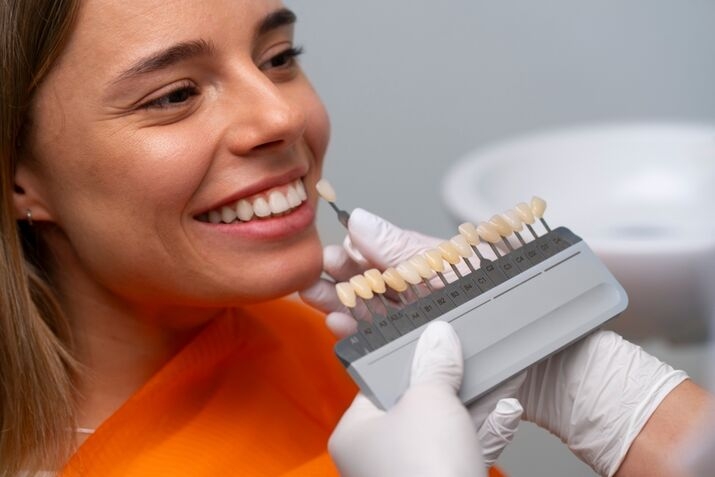
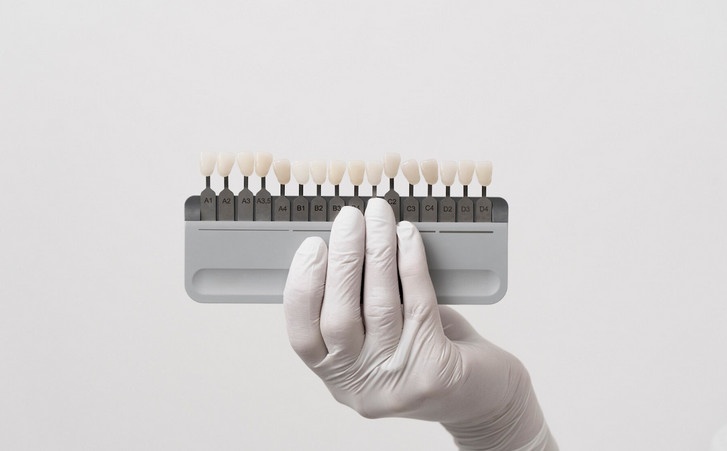

.jpg)


















.avif)


















.jpg)


